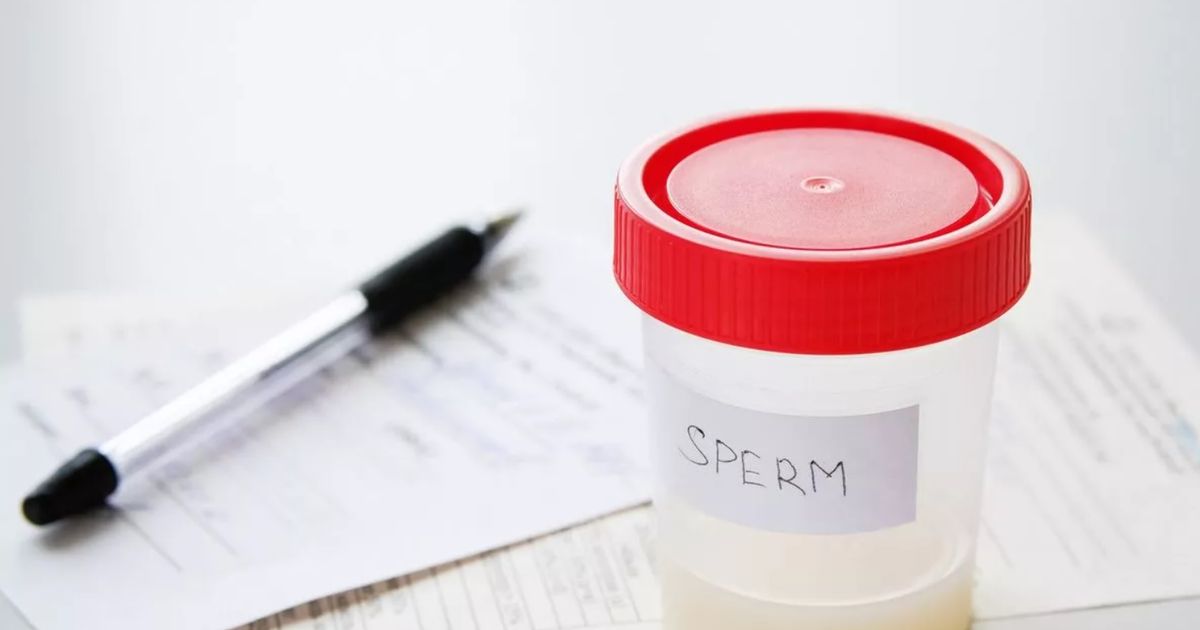Sperm donor compensation has risen from £35 to a maximum of £45 per clinic visit. The £10 rise comes into effect in England, Wales and Northern Ireland from 1 October, when egg donor compensation also rises from £750 to £985. One sperm donor, who the BBC is calling Joseph, said the £35 he received for each clinic trip did not compensate him “anywhere near enough” for his time and travel. “I’m a married gay man and we adopted our son so we didn’t have the normal route that most heterosexuals couples will have had into parenting,” he said. “Going through the adoption process, you meet a lot of straight couples who have had fertility problems. So I wanted to help and give someone a chance to start a family, whether it’s someone with fertility problems, a lesbian couple or a single person.” Sperm donors in the UK generally need to be between the ages of 18 and 45 and donation can involve visiting a clinic once a week for three to six months. One of these visits will involve the donator ejaculating into a sterilised cup, with the sperm then being frozen and stored. “Choosing to become a donor is a complex decision, with implications for the donor and their wider family, the recipient, and any child born as a result,” a spokesperson for the fertility regulator said. “Donors will go through rigorous medical screening and must be comfortable with the fact that any children born from their donation can contact them when they turn 18,” the HFEA spokesperson said. He added: “I think it’s difficult to strike a balance between compensating somebody and then paying too much and then making it a financial incentive.” Helen Gibson, founder of Surrogacy Concern, a UK group which campaigns on issues relating to surrogacy and gamete donation said the organisation did not support “any payment for gametes”. “Donations cannot be called altruistic while money is exchanged,” she said. “Young people’s bodies are not resources to be mined for the benefit of older, wealthier couples and individuals. If there is a ‘shortage’ of donors coming forward, perhaps that reflects the fact that most people do not want their genetic children to be raised by others.”
Subscribe
Login
0 Comments





